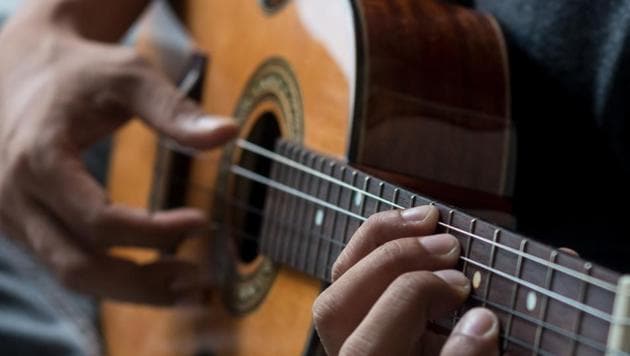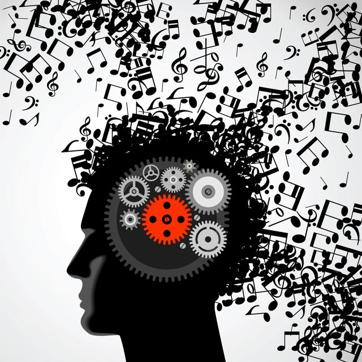Want to keep your mind sharp and active? Learn to play a musical instrument
New research has found that learning to play a musical instrument alters brain waves and improves a person’s listening and hearing skills over a short period of time.
Playing a musical instrument may be good for your brain as it helps retain listening skills and ward off age-related cognitive decline, a new study claims.

The finding could lead to the development of brain rehabilitation interventions through musical training, researchers said.
Researchers from Baycrest Centre for Geriatric Care in Canada found that learning to play a sound on a musical instrument alters the brain waves in a way that improves a person’s listening and hearing skills over a short time frame.
This change in brain activity demonstrates the brain’s ability to rewire itself and compensate for injuries or diseases that may hamper a person’s capacity to perform tasks, they said.

“This is the first study demonstrating that learning the fine movement needed to reproduce a sound on an instrument changes the brain’s perception of sound in a way that is not seen when listening to music,” said Bernhard Ross, professor at University of Toronto in Canada.
Researchers analysed about 32 young, healthy adults who had normal hearing and no history of neurological or psychiatric disorders. The brain waves of participants were first recorded while they listened to bell-like sounds from a Tibetan singing bowl – a small bell struck with a wooden mallet to create sounds.
After listening to the recording, half of the participants were provided the Tibetan singing bowl and asked to recreate the same sounds and rhythm by striking it and the other half recreated the sound by pressing a key on a computer keypad.
“It has been hypothesised that the act of playing music requires many brain systems to work together, such as the hearing, motor and perception systems,” Ross said.
“This study was the first time we saw direct changes in the brain after one session, demonstrating that the action of creating music leads to a strong change in brain activity,” he added.
The study was published in the Journal of Neuroscience.
Follow @htlifeandstyle for more.
Catch your daily dose of Fashion, Health, Festivals, Travel, Relationship, Recipe and all the other Latest Lifestyle News on Hindustan Times Website and APPs.



